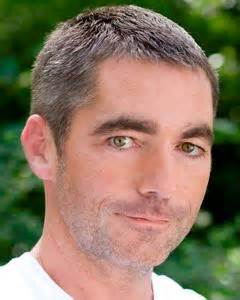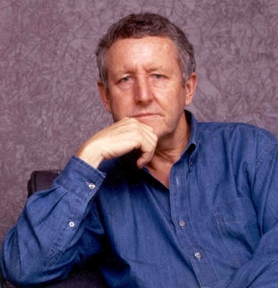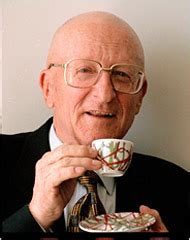A Quote by Susan Sontag
Ours is a culture based on excess, on overproduction; the result is a steady loss of sharpness in our sensory experience. All the conditions of modern life - its material plenitude, its sheer crowdedness - conjoin to dull our sensory faculties
Related Quotes
I usually say the aim of life is to be happy. Our existence is based on hope. Our life is rooted in the opportunity to be happy, not necessarily wealthy, but happy within our own minds. If we only indulge in sensory pleasure, we'll be little different from animals. In fact, we have this marvellous brain and intelligence; we must learn to use it.
Confusion conditions activity, which conditions consciousness, which conditions embodied personality, which conditions sensory experiences, which conditions impact, which conditions mood, which conditions craving, which conditions clinging, which conditions becoming, which conditions birth, which conditions aging and death.
There is only one essential difference between consciousness and dreaming, and that is sensory input. Your experience is a dream, so is my experience. This stuff about how the frontal cortext is repressed during dreaming. Lucid dreaming presents an obvious contradiction to it. The only difference is sensory input.
We have a largely materialistic lifestyle characterized by a materialistic culture. However, this only provides us with temporary, sensory satisfaction, whereas long-term satisfaction is based not on the senses but on the mind. That’s where real tranquility is to be found. And peace of mind turns out to be a significant factor in our physical health too.































